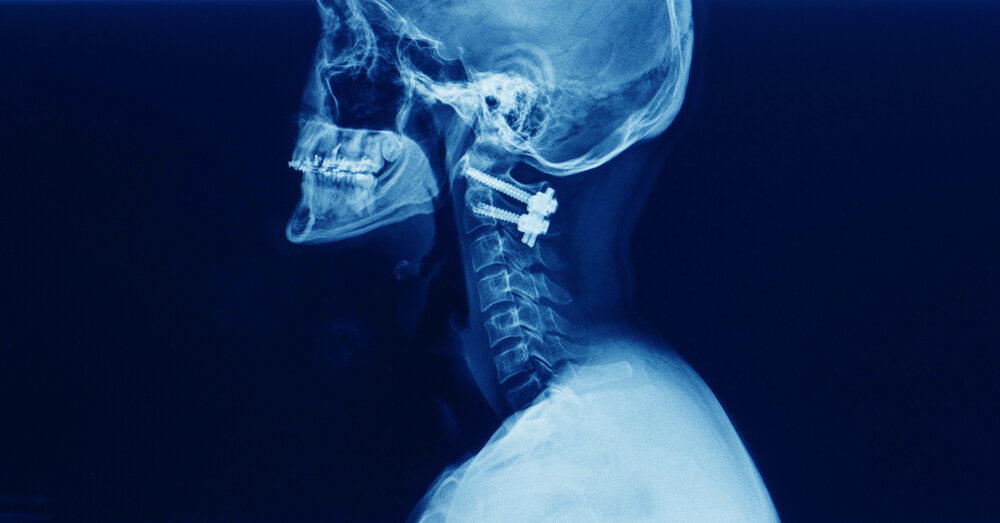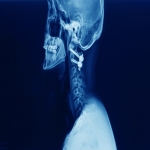If a nerve root coming from the spinal cord gets squeezed, cervical radiculopathy happens. For different reasons, compression may occur. It can occur if a cervical disc gets herniation due to trauma in younger individuals. It usually happens spontaneously in older people due to arthritis or reduced disc height in the area of the neck.
Seven cervical vertebrae make up the cervical spine (the bones that form the neck region). There is a gel-like disc separating each vertebra. The discs provide the spine with shock absorption. In the cervical vertebrae, the spinal cord passes through a canal. From the spinal cord, spinal nerve roots spread and branch out to various positions in the arm. The spinal nerves transmit impulses as well as vibrations that we experience in the whole arm to our muscles for movement. The spinal cord is like the trunk of a tree, and the nerves of the spine are like the branches of a tree. Anything along the branch will be affected when an impingement or abnormal pressure is imposed on a branch near the trunk.
Spinal nerves can be affected by:
-
Arthritis with age, or disc wear-and-tear
-
Trauma or degeneration of herniated or bulging discs
-
Spinal stenosis, a narrowing of the spaces where the nerves pass,
-
A tumor that may be benign or malignant, affecting the base of the nerve
They do not properly relay signals to the muscles from the brain when the spinal nerves are affected, or receive proper sensation from the precise arm position where the nerve moves. The spinal nerve pathways will be affected everywhere. This is why, since the pinch is in the cervical area, a pinched nerve in the neck can cause discomfort, weakness, and loss of feeling in the arm.
Cervical Radiculopathy Causes
Degenerative Change: Normal degenerative changes in the discs can cause pressure on nerve roots in middle-aged people. For example, Cervical foraminal stenosis occurs when these changes narrow the openings in your vertebrae, causing them to pinch the roots of the nerve.
Injury: Cervical radiculopathy appears to be the result of a ruptured disc in younger individuals, maybe as a result of trauma. With movement, discs sometimes herniate, such as when you bend, lift, twist, or pull. When a disc is herniated, the substance either compresses the nerve root or inflames it, causing pain.

Additional causes
Cervical radiculopathy is less frequently induced by:
-
Spine infections
-
Spine tumours caused by cancer
-
Benign growths in the spine, or noncancerous,
-
Sarcoidosis, inflammatory cell development
See us at Neuroscience Specialist for cervical radiculopathy in OKC. For other neurological and spinal issues, call us.
**Disclaimer- Information presented here is not intended to be qualified medical advice. Nothing expressed herein creates a doctor-patient relationship.

